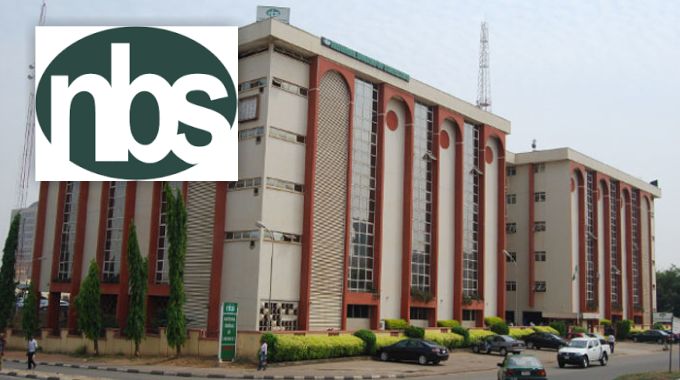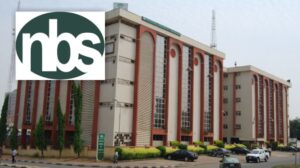CURRENT REPORTS BLOG: Nigeria’s Consumer Price Index (CPI) witnessed a significant rise in June, reaching 22.79%, as reported by the National Bureau of Statistics (NBS). The latest CPI report indicates an increase in prices of goods and services, with a particular focus on soaring food inflation. Additionally, President Bola Tinubu has declared a state of emergency on food security, outlining measures to address the rising cost of food and ensure the availability and affordability of essential livelihood items.
The NBS report reveals that Nigeria’s headline inflation rate climbed to 22.79% in June, showing a 0.38% increase compared to May’s rate of 22.41%. The CPI measures the rate of change in prices of goods and services, reflecting the impact of inflation on the economy. The significant rise in the inflation rate highlights the challenges faced by consumers in coping with rising prices.
The report indicates a sharp increase in food inflation, which rose to 25.25% on a year-on-year basis, surpassing the 20.60% recorded in June 2022. In June 2023, food prices experienced a 2.40% increase, indicating a 0.21% rise compared to May. Concerned about the impact of rising food costs on citizens’ livelihoods, President Bola Tinubu declared a state of emergency on food security in Nigeria.
President Tinubu directed that matters concerning food and water availability and affordability be included within the purview of the National Security Council. The administration aims to support the most vulnerable by ensuring adequate access to food. Immediate measures include the release of fertilizers and grains to farmers and households, mitigating the effects of subsidy removal. The President also emphasized the need for synergy between the Ministry of Agriculture and the Ministry of Water Resources to enable year-round food production through proper irrigation.
Furthermore, a National Commodity Board will be established to review and assess food prices and maintain a strategic food reserve for critical grains and other food items. The board will work to stabilize prices and engage various stakeholders, including seed companies, research institutes, microfinance banks, and agricultural processing associations.
@TheCurrentReport007














